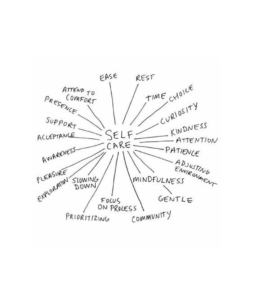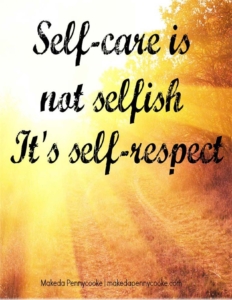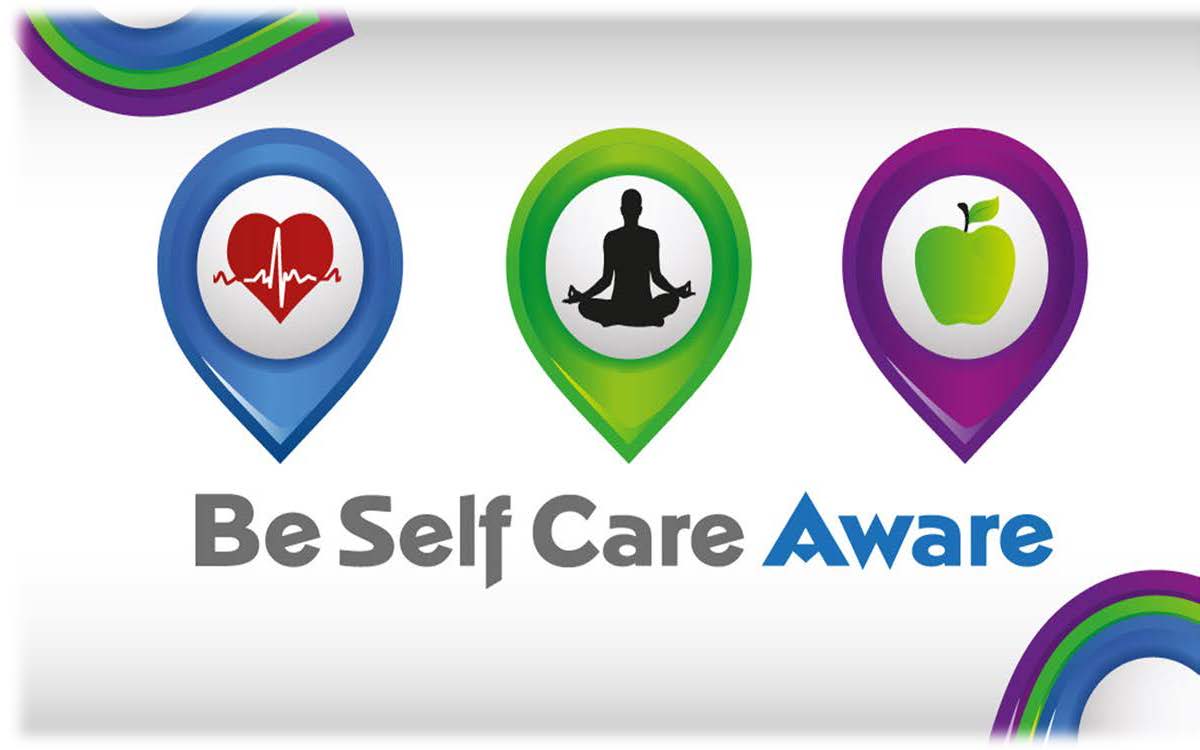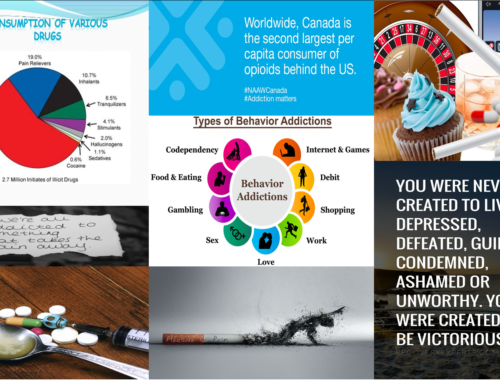Self Care-What it means
Value of Self Care has long since been known in the helping and social services field. Its origins date back to early nursing field in 1959. Undoubtedly, there is a connection between, health, lifestyle, preventative medicine, health care systems, health& safety at workplace and quality of life. Increasingly self care manifests in our society everywhere: Yoga classes, Meditation, Mindfulness workshops, Exercising, Walking, Fitness, Swimming and so on.
Self-care refers to activities and practices that we can engage in on a regular basis to reduce stress and maintain and enhance our short- and longer-term health and well-being. Self-care is not self-indulgence which can be settling for a temporary and largely symbolic fix – which may indeed, cause you more stress in the long run!
From a personal standpoint, I view my Self-Care in the context of the 4 quadrants of Wellness, namely; Spiritual, Physical, Emotional and Mental. Remembering that affects of one impact the other, I carry out regular “internal checks” to see how full or empty is my cup is or what I am feeling in the moment. This is a quick and easy way to assess my well-being, without too much fuss or attempting tedious self assessments.
So ask yourself these questions: What does self care mean to you? What is its value to you? What is your motivation for self care and how is that serving you? What matters most to you?
The Law of Cause and Effect states that if you put out good thoughts and actions, you will receive good things.
Always ask yourself thought-provoking questions. These cultivate good thoughts which allow for self reflection and growth.
Information from Statistics Canada
The average Canadian worker was away from work for the equivalent of almost two weeks in a year. Those 9.3 days lost translated to 2.4% of gross annual payroll, or $16.6 billion for Canadian employers in 2012. Casual absences account for 80% of lost days for most businesses, and in most cases, these absences are not supported by any sort of medical note or certificate.
Studies suggest that investing in work-life balance initiatives:
• Reduces absenteeism
• Increases productivity
• Improves morale and working relationships
• Decreases stress
• Attracts new employees
• Helps retain current employees
Self-Care and the Workplace
Balancing work, family, and personal life has always been challenging. The workday is filled with multi-tasking expectations and increasing emphasis on efficiency, productivity and competitiveness. Such pressures can cause cumulative stress. According to a national poll two-thirds of men and women have said that they experience significant stress while at work and one in four has missed work because of stress.
So, keeping in mind the total number of hours we spend weekly at work, there are ways improve response to the challenges, thereby enhancing our well-being and relationships.
It’s important point to remember that the effects are cumulative, so making one small change in one area will affect other areas of your life.
The following seven pointers may help you towards better self-care at work and this list can be adapted or expanded based on your personal needs!
• Set and maintain professional boundaries
• Balance your work schedule and life demands so no one day or one week is too much
• Make time throughout the work day for intermittent self-care breaks (i.e. lunch or afternoon walk; social time with co-workers)
• Create a healthy work space for yourself and put love into your work
• Develop a short list (2-3 items) of top priorities each day
• Minimize procrastination and maximize a sense of control
• Before committing to a project or assignment, first consider your needs, available resources and whether it will lead to overextending yourself.
Coping with Unemployment
Employment is an important part of our ‘whole self’. Self-Care in times of unemployment is crucial, so its helpful to develop strategies for such times, like:
• Set achievable goals that you can directly control
• Keep a schedule or time table
• Take care of yourself and focus on the positive
• Get out from in front of the television
• Create a comforting and productive environment
• Cultivate positive relationships and support network
• Find sources of Self-Esteem and spend time with your family
• Volunteer at church, charity or other non-profit
• Pursue your passions, a hobby, join a sports team
• Network with people in your line of work
• Connect with your local WorkBC Employment Resource Centre.
Ways to Love Yourself More
One of the key sources of self healing comes springs from loving yourself. This is an act of self forgiveness, acceptance and willing to accept who you are fully. Try out the following, if you are not already doing this:
• Drop Self-Judgment
• Start with healthy boundaries
• Stay present and accept everything as is
• Put Self-Care and Compassion first
• Be with and allow your hurts-honour them
• Be your own reliable Companion
• Tame your inner self talk, be aware of your negative self-talk
• Treat yourself as equal, practice being present-mindful
• Allow for unpredictable-allowing for plans to change
• Recognize your quirkiness
• Say YES to yourself and do what brings you energy and makes you passionate about life
• Allow yourself fail or make mistakes-forgive yourself!
• Telling yourself the truth with love and kindness
• Question things and be curious
• Be kind to yourself, over being right
• Stop expecting perfection
• Laugh and smile as much as possible
• Exercise
• Breathe and remind yourself of things you are grateful for daily
My personal self check-in questions and thermometer
• What am I not saying?
• What do I need to address?
• Do I feel unheard or left out?
• What am I afraid of today?
• What am I angry about?
• Am I honoring myself today?
• What am I unhappy about?
• What worries me about my future?
• What have I given up on or procrastinating about?
• Does it really matter, what others think of me?
• Do I have control over my life?
• Do I get caught in other peoples drama?
• Do I complain?
• Do I always say “yes” to others?
• Do I gossip?
• Do I count on others for your happiness and confidence?
• Do I beat myself up?
• Do I dwell in the past?
• How do I want to feel today?
• How am I feeling now?
Reference Sources and Material adopted, with thanks, from
Government of Canada
Canadian Centre for Occupational Health and Safety
Business.com: Leading by example
Benefits Canada: How to manage workplace absenteeism
Centers for Disease Control and Prevention: Coping with Stress
Government of Canada’s Work-Life Balance in Canadian Workplaces
Stats Canada
Psychology Today
Wiki How
OlgaPhoenix.com
HelpGuide.org
AgriLife Extension
Paulo Coelho & tinybuddha.com



















